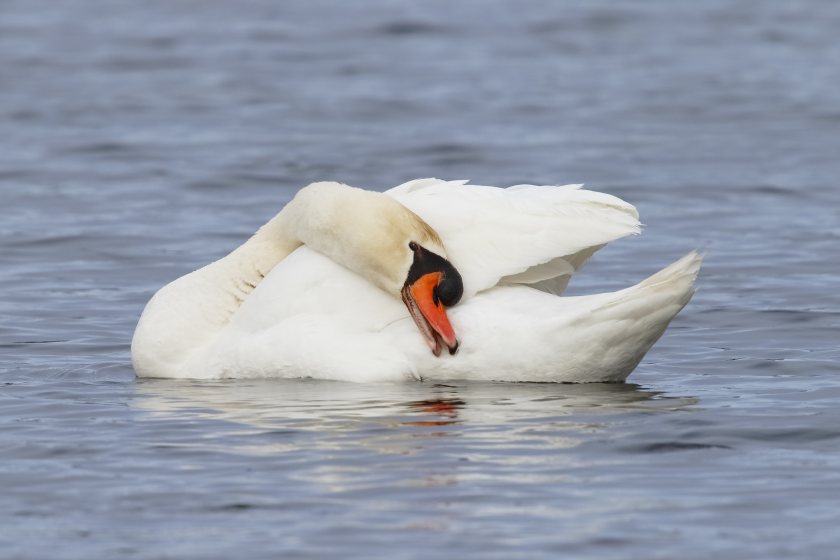
Authorities in Northern Ireland have confirmed that a wild swan found dead in Co Londonderry has tested positive for avian influenza.
The mute swan was discovered at Lough Beg last week, and has since tested positive for the H5N8 strain following preliminary results.
Chief Veterinary Officer for NI Robert Huey advised Northern Irish farmers and bird keepers to prepare for the threat of avian flu this winter.
He urged them to sign up to the Department of Agriculture, Environment and Rural Affairs' (DAERA) new text alert service by texting the word 'BIRDS' to 67300.
Mr Huey said: “This detection in Northern Ireland is not surprising as there have been two recent confirmed cases of highly pathogenic avian influenza in poultry in Great Britain.
"There have also been three confirmed cases of H5N8 in wild birds across England and a falcon in County Limerick has tested positive in recent days.
"In addition the risk of an avian influenza incursion to the UK increases over the winter months from migrating wild birds."
In response to these recent findings in England an Avian Influenza Prevention Zone (AIPZ) was declared across GB last week.
The AIPZ introduces more stringent biosecurity measures to help prevent the spread of the disease from wild birds or another source.
The risk level in Northern Ireland to poultry is assessed as moderate with biosecurity levels on individual sites a crucial mitigation factor.
Dr Huey reminded farmers and other bird owners of the need to continue to deploy effective biosecurity measures.
“I would re-emphasise the need for all keepers of poultry to take action now and carefully consider and improve biosecurity to reduce the risk of transmission of disease to their flocks.
“If avian influenza were to enter our Northern Ireland flock, it would have a significant impact on our poultry industry, international trade and the wider economy.
"All keepers of birds should critically review and improve their biosecurity measures where necessary in order to keep their birds safe,” he said.
